No one likes that feeling—you’ve started a job and it’s just not what you hoped it’d be. Maybe you don’t like your job duties or your co-workers, maybe it’s more responsibility than you bargained for, or maybe the work experience just isn't what you expected. Whatever the problem is, this article will give you some tips for how to stick it out when you can and quit professionally if and when you need to.
(Note: if the reason you don’t like your job has to do with harassment or discrimination, talk to someone—a supervisor, an HR rep, your YES rep if you have one, or another trusted adult—right away. If you feel uncomfortable or unsafe at work, you shouldn’t try to “stick it out.”)
Give it some time
If you start feeling like your job just isn’t for you, take some time before making any major decisions. This is especially true if you started recently, as people often experience “growing pains” when adjusting to big transitions like a new job. Leaving a job you’ve only just started could be a red flag on your resume in the future, so weighing this decision carefully will be helpful to your future self.
While you’re waiting it out, write a list of your job’s pros and cons and/or have conversations about the pros and cons with people you trust.
Consider the long-term benefits
The cliche saying “you can’t get a job without experience, and you can’t get experience without a job” is cliche for a reason: it’s often true. Many companies hesitate to hire teens with little or no prior work experience, even for positions that seem good for first jobs. Therefore, teens often start out with jobs that aren’t their first choice. Many do end up enjoying some or all of that first work experience, but for the most part, your first job will be a stepping stone to more exciting future opportunities.
Ask yourself if the things you don’t like about your job outweigh benefits like the skills you’re learning and the experience you’re gaining for your resume. Simply adjusting your mindset and reframing your current job as a learning experience might make work more enjoyable.
Identify problems and potential solutions
Can the things you don’t like about your job be fixed? Look at the cons from your pros and cons list, and spend some time thinking about possible solutions. Could any of the problems go away with time, a conversation with your boss, or some other approach?
Let’s say one problem is your hours or schedule. Between work, school, and homework, you’re spread pretty thin and are feeling tired and stressed. Before deciding you need to quit, you could ask your supervisor if it’s possible to reduce your hours or if you could swap a weeknight shift for a weekend one.
Or maybe the duties you’re being assigned at work are difficult or confusing. If this doesn’t get better with time, you can ask a co-worker who’s been there longer than you to help you out. Another fix could simply be letting your supervisor know you’re having trouble and need more training or more detailed instructions.
Moving on the right way
If you’ve taken your time weighing these considerations and still think your job just isn’t going to work out, it might be time to move on. While we here at YES want you to make the most out of your work experience, ultimately you know better than anyone else when enough is enough and when you need to quit. Sometimes a negative work environment just isn’t worth it. Sometimes there are other things going on in your life that you need to prioritize over work. That’s ok!
If you need to quit due to things outside of work—family stuff, school stuff, whatever it might be—but otherwise like your job and would want to keep working, you can be honest with your boss about that. Most workplaces probably won't be able to guarantee that they’ll rehire you later on, but if your boss is pleased with your current work and knows to keep an eye out for another application from you in the future, that could be a useful connection to have.
When it’s time to quit, do so in a professional manner. If you don’t burn bridges, you can use your boss or co-workers as references in the future. Whatever you do, don’t just stop showing up to work! Quitting professionally means giving 2 weeks' notice (or more if the company requires it) before leaving and giving 100% at work right up until the end of your last shift.
We hope that you’ll have good work experiences, or at least work experiences that you’re able to gain something from. If and when you need to leave a job, do it from a well-informed place after thinking it through, and use the experience as a learning opportunity!


